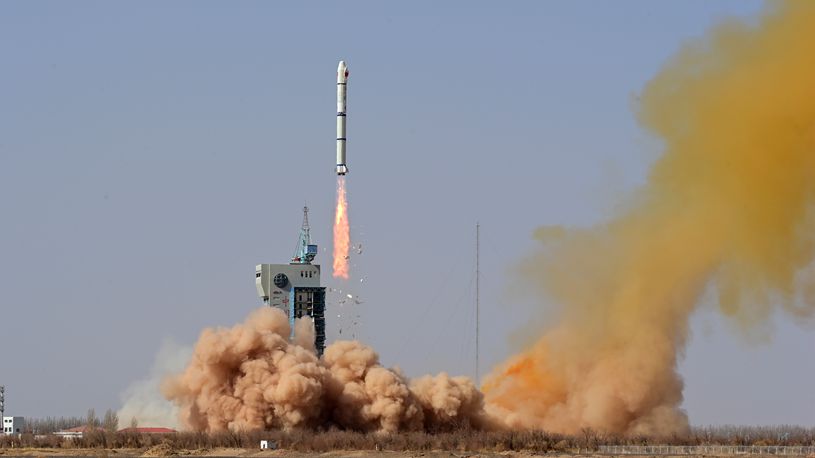First Republic Bank shares plunge amid fear of systemic contagion after SVB's failure

A woman leaves the headquarters of the Silicon Valley Bank (SVB) in Santa Clara, California, the United States, March 10, 2023. (Photo by Li Jianguo/Xinhua)
The volatility came just days after a stock market selloff that triggered the failure of Silicon Valley Bank (SVB), as the concern of systemic contagion spread among the tech industry broadly.
SAN FRANCISCO, March 13 (Xinhua) -- Shares of First Republic Bank fell more than 65 percent in early trading on Monday morning, causing trades of the company to be halted due to volatility.
The volatility came just days after a stock market selloff that triggered the failure of Silicon Valley Bank (SVB), as the concern of systemic contagion spread among the tech industry broadly.
That implies investor discomfort with the financial institution despite government activity over the weekend to solve the SVB crisis and potential cascading effects, according to a report by the online newspaper TechCrunch.
Since the failure of SVB, it appears that many public-market investors want out of smaller banks, despite the Federal Deposit Insurance Corporation, the Department of the Treasury and the Federal Reserve announced on Sunday that depositors at SVB would be made whole.
"In the worst-case scenario, if it triggers a general crisis of confidence in the bank system, customers may tend to withdraw their deposits, investors may selloff their banking stocks, creating a chain of bank runs like a domino effect," said Haiyan Yu, a senior investor in Silicon Valley.
According to Garry Tan, the president of the startup accelerator Y Combinator, SVB's failure has a real risk of systemic contagion. "Its collapse has already instilled fear among founders and management teams to look for safer havens for their remaining cash, which can trigger a bank run on every other smaller bank," he said.
Tan warned that the shockwave will impact the U.S. technology industry and "ultimately set back U.S. competitiveness by a decade or more."
Photos
Related Stories
Copyright © 2023 People's Daily Online. All Rights Reserved.









